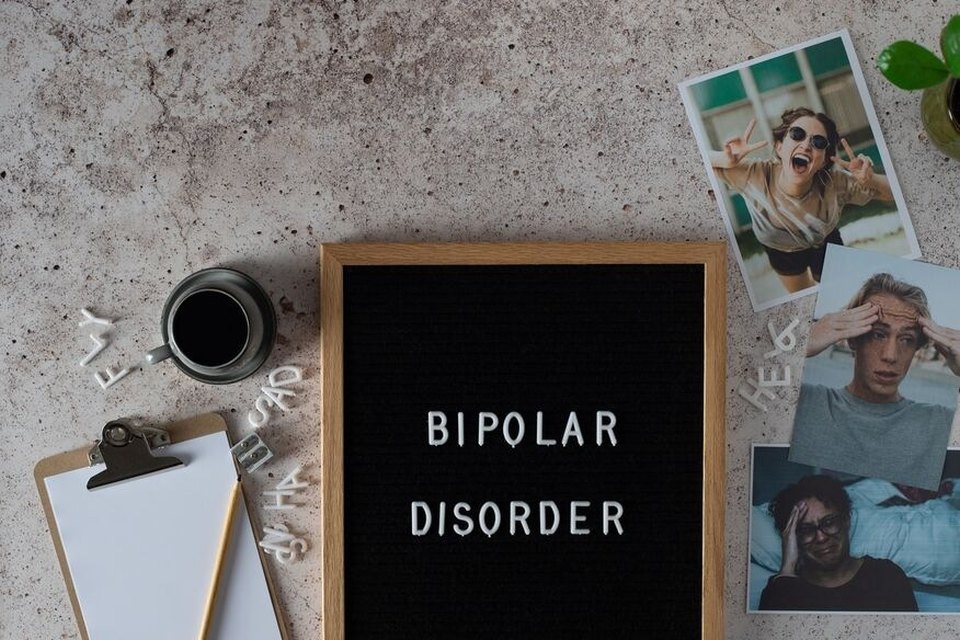The Cycle of Codependency
Codependency is a dynamic where two people rely heavily on each other for mental, emotional, practical, and spiritual support in an intense and imbalanced way. There is a giver and a taker in the relationship, or a rescuer and a victim. One needs the other and takes everything they have to offer while the other gives and supports at great cost because they need to be needed. It has been described as “toxic attachment” or “dysfunctional connection” by some mental health experts. This imbalanced dynamic can feel safe and good at first, because both partakers fall so effortlessly into their role. Both receive what they have been craving on a deep level. However, over time this dynamic ends up affecting everyone involved and can cause lasting emotional trauma. The good news is that if you are caught up in a codependent dynamic, or have codependent tendencies, you are not stuck. It is possible to recognize the cycle of codependency and break free from it. Rescuers and Victims “Codependency” as a term first came into use in the context of substance addiction. In this context, a rescuer comes to the aid of an addict, or victim, and attempts to help them. The addict needs help but doesn’t want to quit their habits, and the rescuer needs to be needed but is afraid of the addict becoming independent and leaving them. By a process of manipulation and over-involvement in each other’s lives, the rescuer and addict become locked in an unhealthy dynamic where one is still abusing substances and the other has become addicted to being seen as an emotional support. We now use the term “codependency” mostly in the context of relationships, although the same dynamics are at play. There is generally a person who lowers their boundaries and denies [...]












